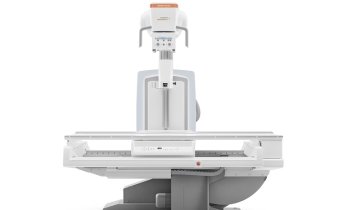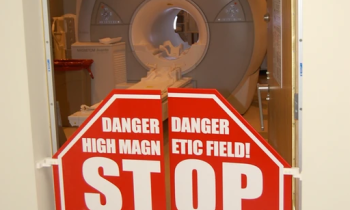Symposium: Surgical site infections
'Basic procedures to prevent SSI are 50% neglected'
Surgical Site Infection is the most important problem facing surgeons today, according to Professor Miguel Cainzos, of Santiago de Compostela, Spain, speaking at the 2nd EMEA Symposium on New Non-Pharmaceutical ways to reduce surgical site infection.

Prof Per-Olof Nyström, general surgeon, Karolinska Hospital, Stockholm; cardiologist Dr Pascal M. Dohmen, head of Tissue Engineering, Charité Hospital, Berlin; Prof Dionysios Voros, surgeon at Athens University Medical School and a founding member of the Surgical Infection Society of Europe; Prof Metin Cakmakci, President of the Surgical Infection Society of Europe, and Medical Director of Anadolu Medical Centre, Istanbul; Prof Samuel E Wilson MD, University of California, Irvine; Steve Bell, independent consultant, Agent for Medics Group; Dr Lynne Kelley, general and vascular surgeon and former Assistant Professor of Vascular Surgery at Yale University, and Global Medical Director Vice President for Kimberly-Clark Healthcare, and leading authority on surgical infections, Prof Miguel Cainzos, surgeon at Santiago de Compostela, and former SISE president and now chair of its Education Committee.
‘Post operative infections not only destroy the surgeons technical work but also increase post-operative morbidity and mortality whilst reducing the quality of surgery and hampering the daily running of surgical departments,’ he added. More patients suffer surgical site infections (SSI) than previously thought, with infection rates ranging from 1.4% up to 22% depending on the procedure, contamination and physical status of the patient., he pointed out.
US studies show that basic procedures to prevent SSI are neglected in around 50% of patients. Professor Metin Çakmakçi said that this is a quality issue: ‘We need to create quality systems and processes that make errors more difficult and not just be dependent on individual skills and excellence.’
If only 2% of patients undergoing joint prosthesis surgery in the US have a surgical site infection, the total is up to 12,000 annually at an average additional cost of $30,000.
A recent prospective, randomized, multi-centre clinical trial of InteguSeal microbial sealant used for patients undergoing open clean inguinal hernia repairs showed a 15.7% decrease in the number of patients with wound contamination. The study results for the use of InteguSeal, a non-pharmaceutical way to avoid surgical site infections, were presented at the symposium.
A film forming cyanoacrylate liquid, this immobilises bacteria residing deep in the skin, and any surviving typical pre-operative prepping (e.g. MRSA, S.epidermis and E. coli), the maker reports.
New data from 378 patients in Germany suggested that using InteguSeal microbial sealant had cut infection rates in bypass surgery patients from 4.8% to 1.1%. ‘I was convinced of the benefits of the product,’ said Dr Pascal M Dohmen, who added that there had been a dramatic fall in the rate of surgical site infection since its use.
The EMEA Symposium was organised by Kimberly-Clark Healthcare, manufacturer of InteguSeal.
20.11.2008









